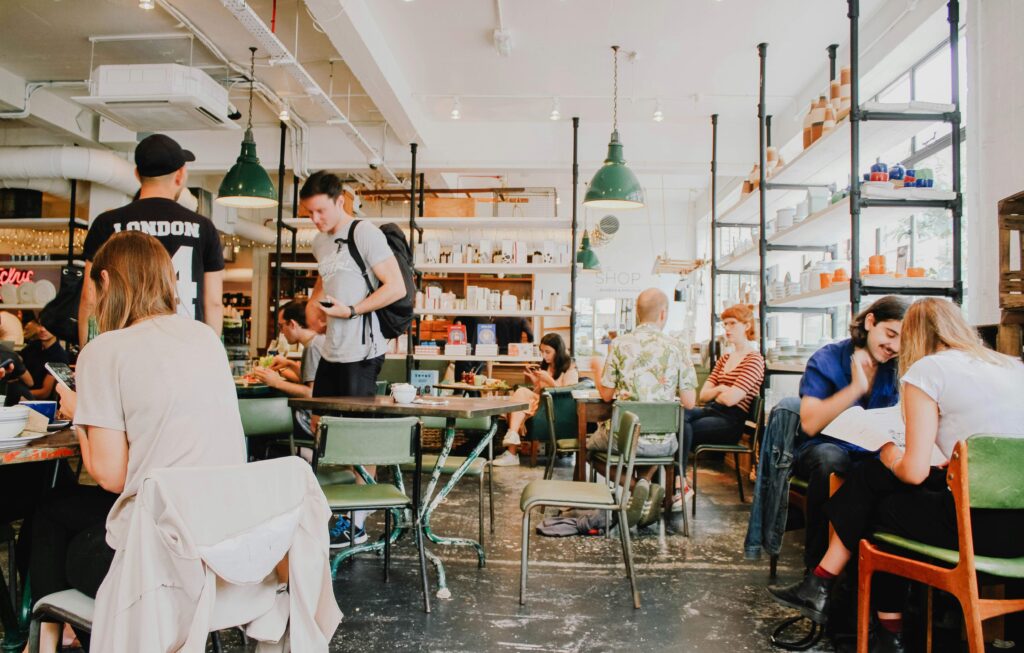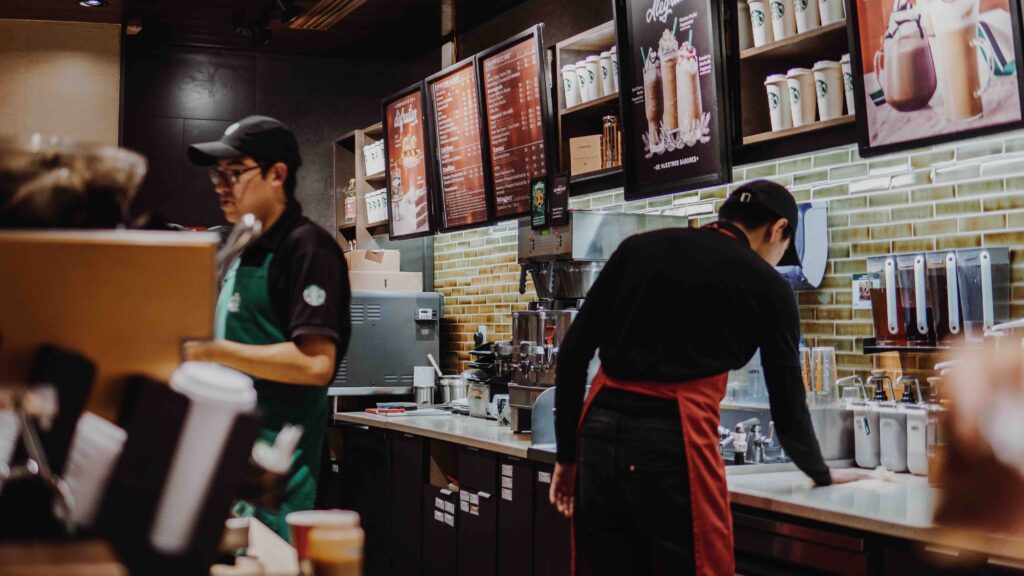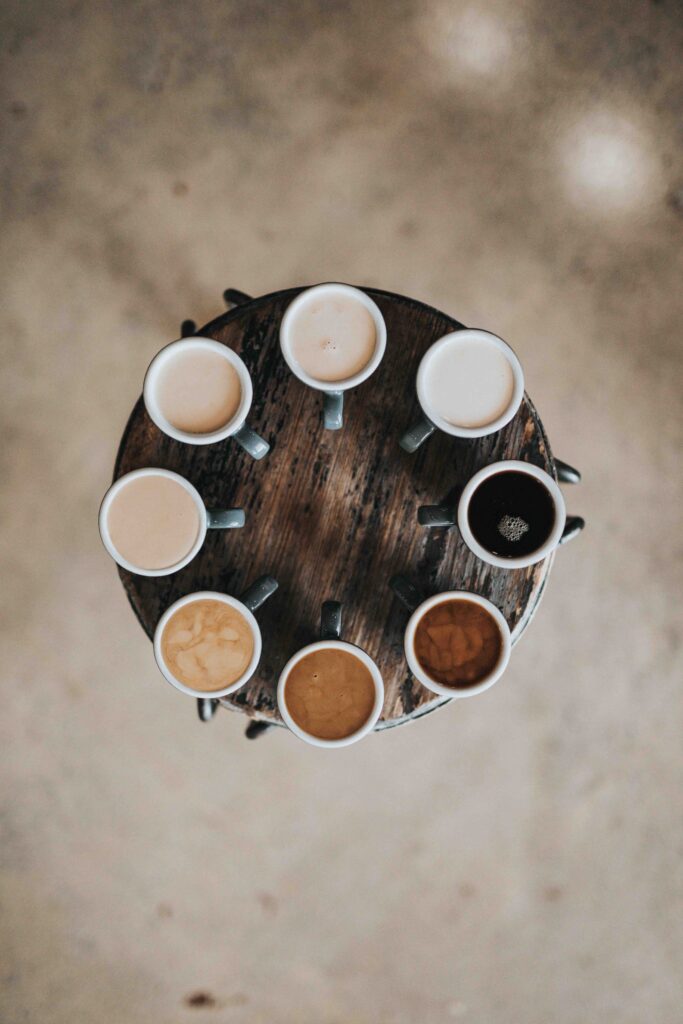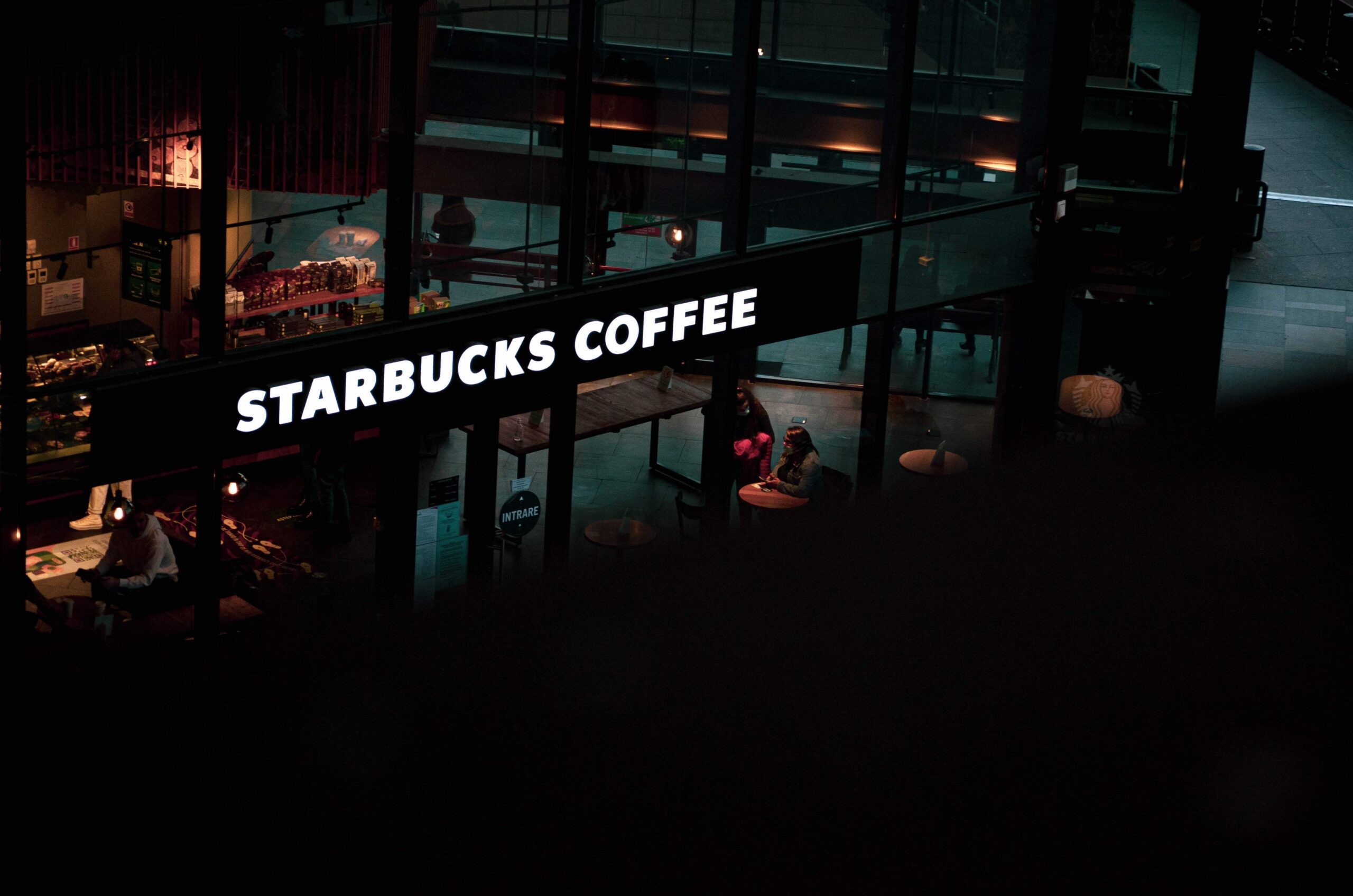While big chains like Starbucks can afford to have customers stay for hours without spending much, smaller cafes can lose thousands of pesos from just one table for four.
Recently, Scottish vlogger Dale Philip blew up the conversation after uploading a TikTok video wherein he recorded a group of people at SM City Baguio. The caption reads: “I visited SM City Mall in Baguio, Philippines. I was considering getting a Matcha Latte from Starbucks but when I saw it was full of laptop loitering digital nomads, I changed my mind.”
“I would hate to have a business where people just come and use it as their personal office, use your WiFi and electricity, and buy like one coffee,” he said in the video. “I don’t understand why they let people do that.”

The internet both criticized and supported Philip’s points. Some pointed out that people who choose to study or work in cafés often do not have access to spaces (whether at home, school, or the office) where they can focus on their tasks. They further supplemented this point with a call to create more accessible public spaces that “third space” seekers may use for their own purposes.
Other users have mentioned that staying for longer hours isn’t exactly against the rules of big coffee chains like Starbucks. Besides, such cafés do expect customers to stay for extended hours, so they adjust their amenities accordingly.
To this point, several people and articles have referred to a previous interview of Starbucks Philippines president Noey Lopez, wherein he reiterated that their branches are “third places” that customers can keep in mind aside from their homes and offices. They’ve also cited a statement by Starbucks to the Wall Street Journal in 2009, wherein the coffee reiterated its mission “to create a welcoming environment for all of our customers” where there are no time limits for staying in.
Those who support Philip outline two main points: courtesy toward those who want to relax in a “third space” and possible losses that the cafés may incur.

To be fair, it’s quite easy for a billion-dollar giant like Starbucks to absorb the potential losses caused by “overstaying” guests. From 2021 to 2022, Starbucks reported an increase in global revenue from over $29 billion to $32.2 billion—a $3.2 billion or 11% increase year-on-year.
Within the same time period in the Philippines, Starbucks opened 19 new branches and closed two—a net increase of 17 stores. That adds up to 418 active branches as of October 2, 2022. Lopez has also said in a statement that they plan to open 45 branches annually, with half of the new outlets at drive-thru locations.
But overstaying does become an issue for smaller cafés, especially those that enjoy a solid following but do not have the big bucks.
“While we do appreciate that some of our customers are very comfortable in our space, we wish that some customers would be more mindful when it comes to occupying tables in coffee shops,” a popular Metro Manila-based coffee shop shared with The POST.
“We had a client before that occupied a four-person table and stayed for about eight hours [while] only ordering drinks. Based on our estimates, we lost about P16,000 in opportunity costs [because] of the lack of table space,” they shared. The café owner also lamented the missed chance to reconnect or bond with old and new customers because of the overstaying guest.
According to their numbers, a fair exchange for the said coffee shop is as follows: around 30-45 minutes for a coffee order, and one to one and a half hours for meals. “Another example is having an average spend of at least P1,000 per hour for a two-person table.”



The café reiterates, however, that they prioritize customer experience above revenues.
“While we don’t actively wish our customers would leave right away, we’ve implemented [measures] so that [customers] may be mindful of their stay: limited access to Wi-Fi via timed vouchers and limited access to sockets, for example,” they emphasize. “Again, these things are just meant to be mindful reminders—we still wish our customers [a] comfortable and awesome stay with us.”
At the end of the day, it all goes back to common courtesy and sensitivity. We’re not the only ones entitled to these “third spaces,” so a little consideration wouldn’t hurt.




